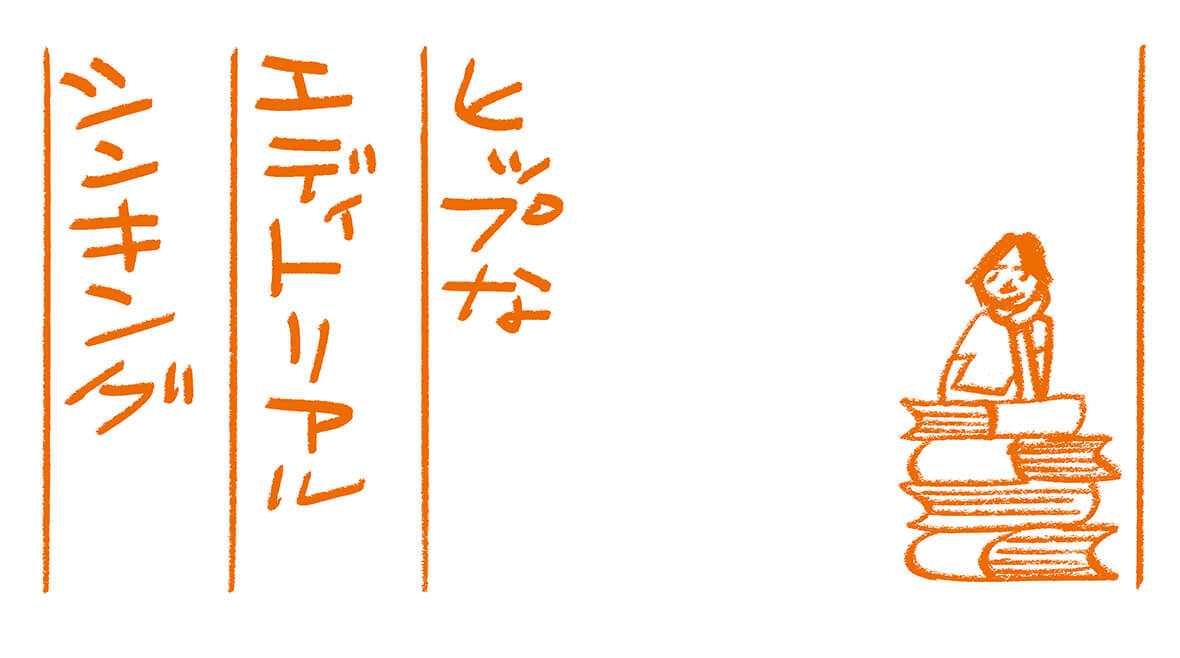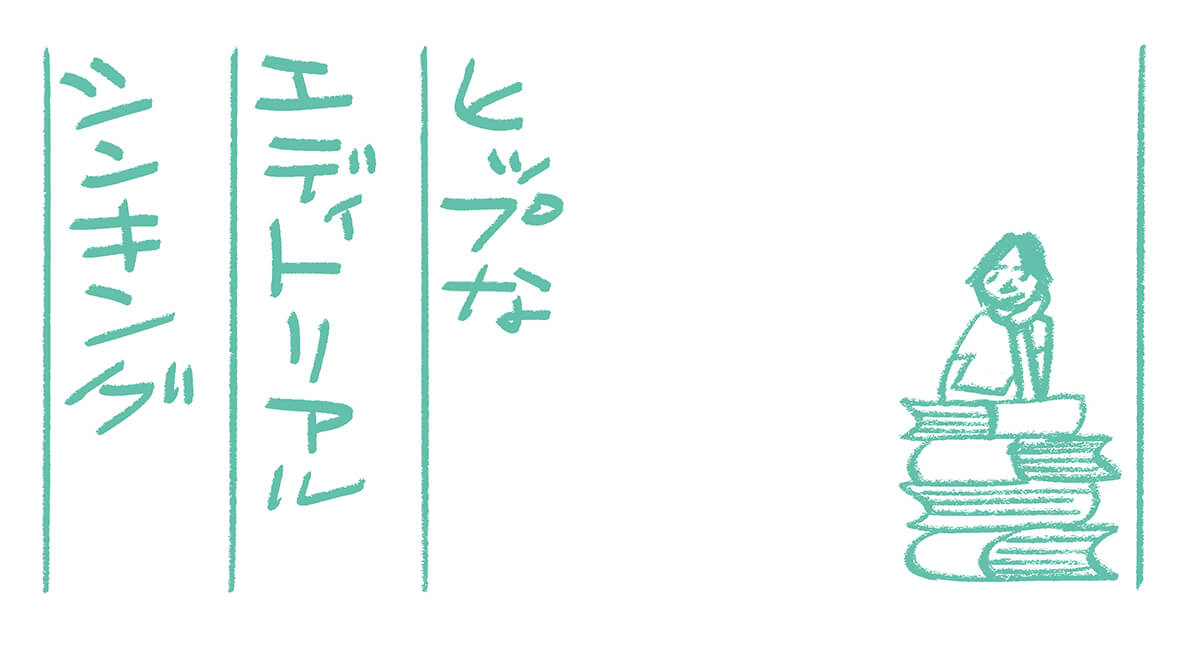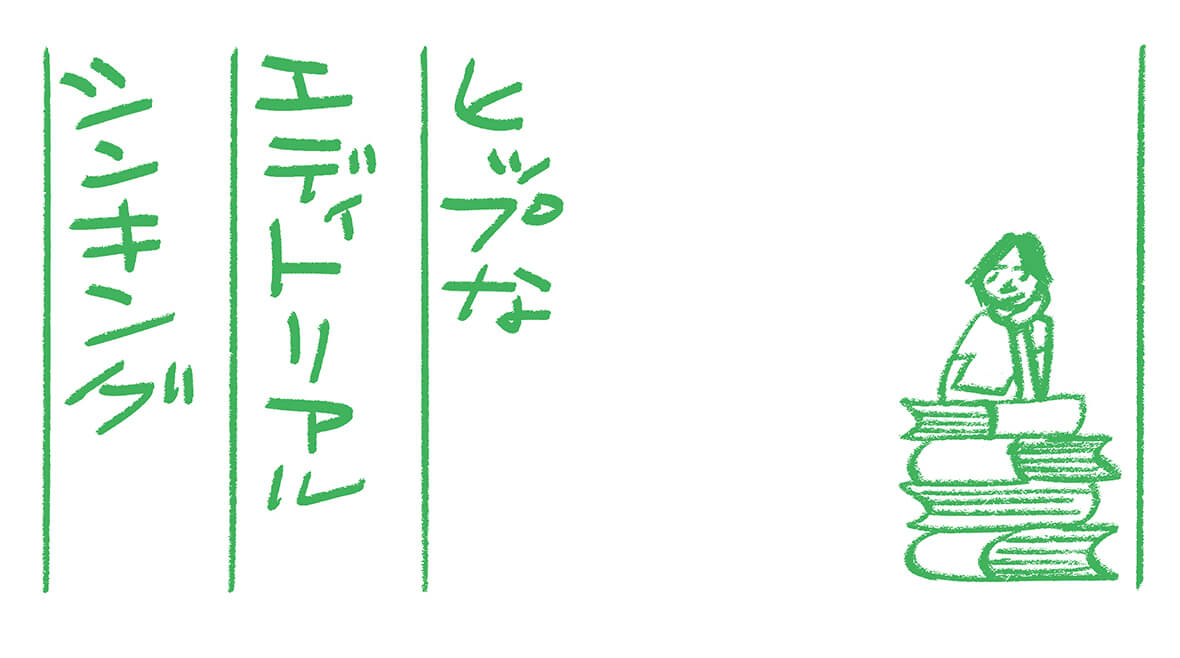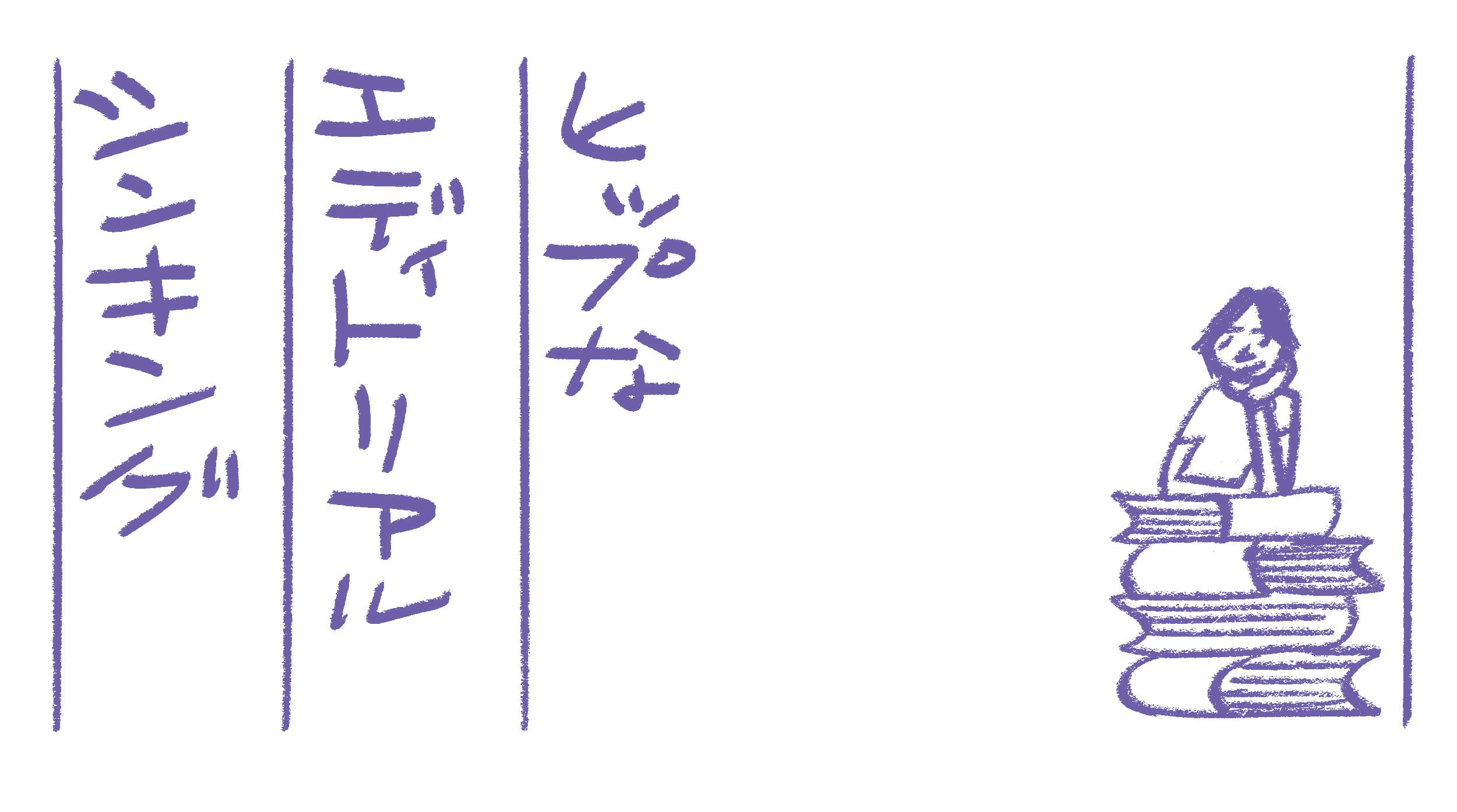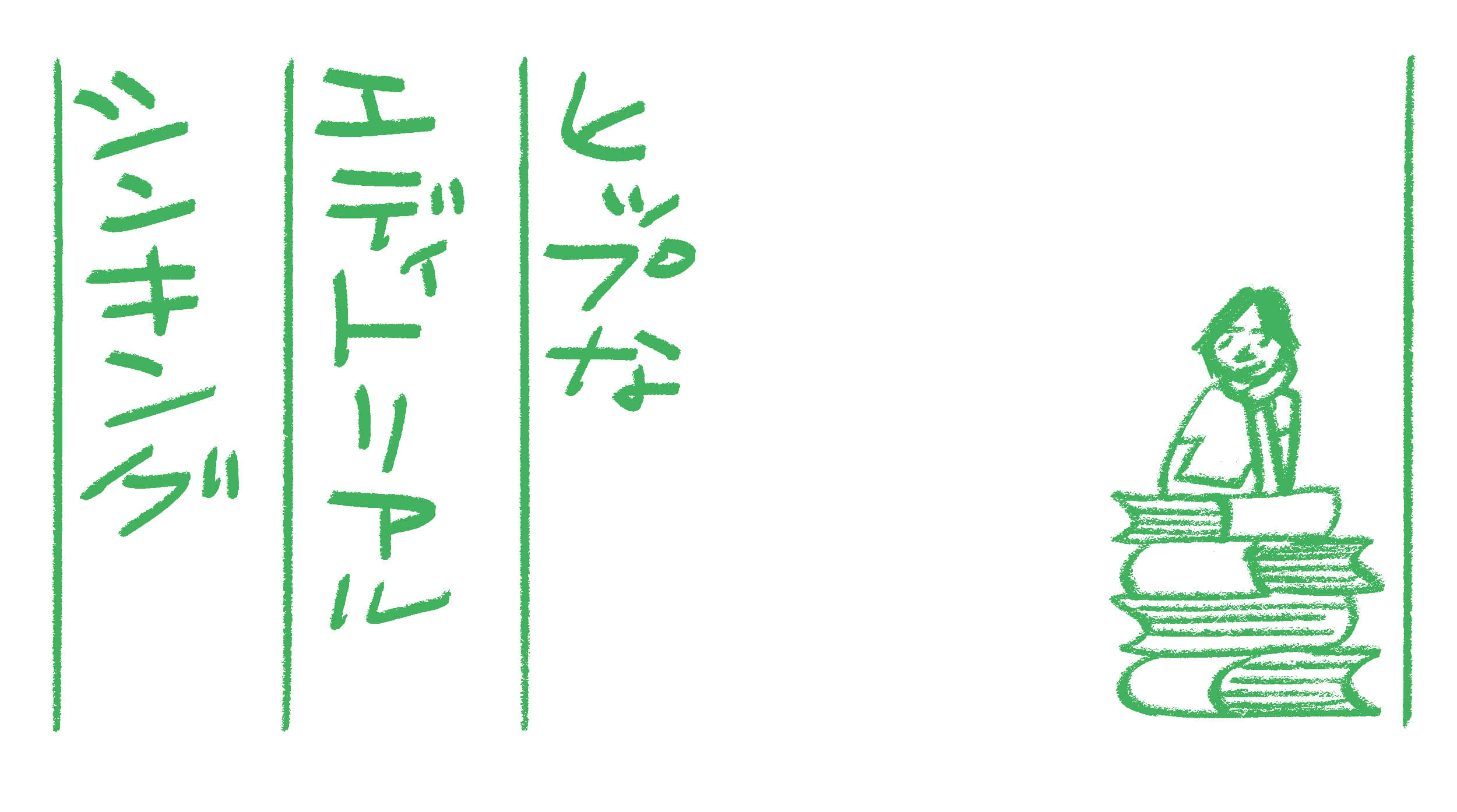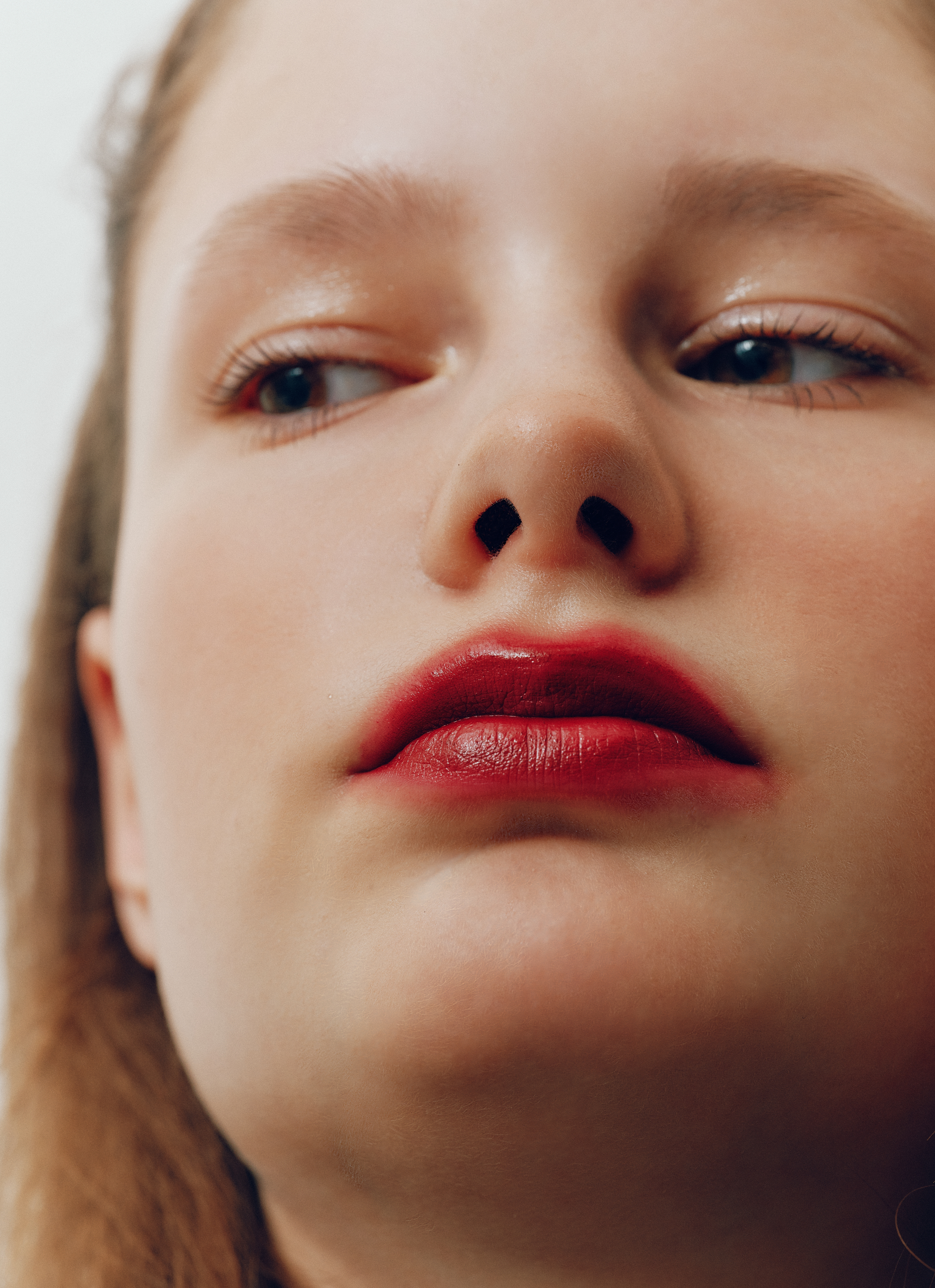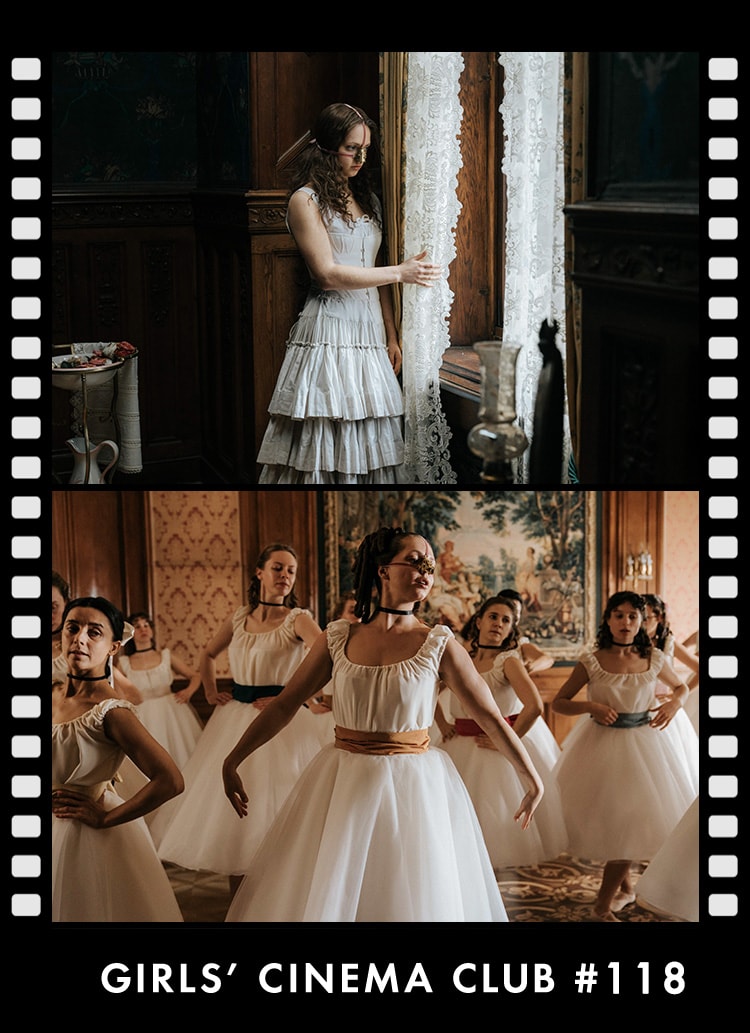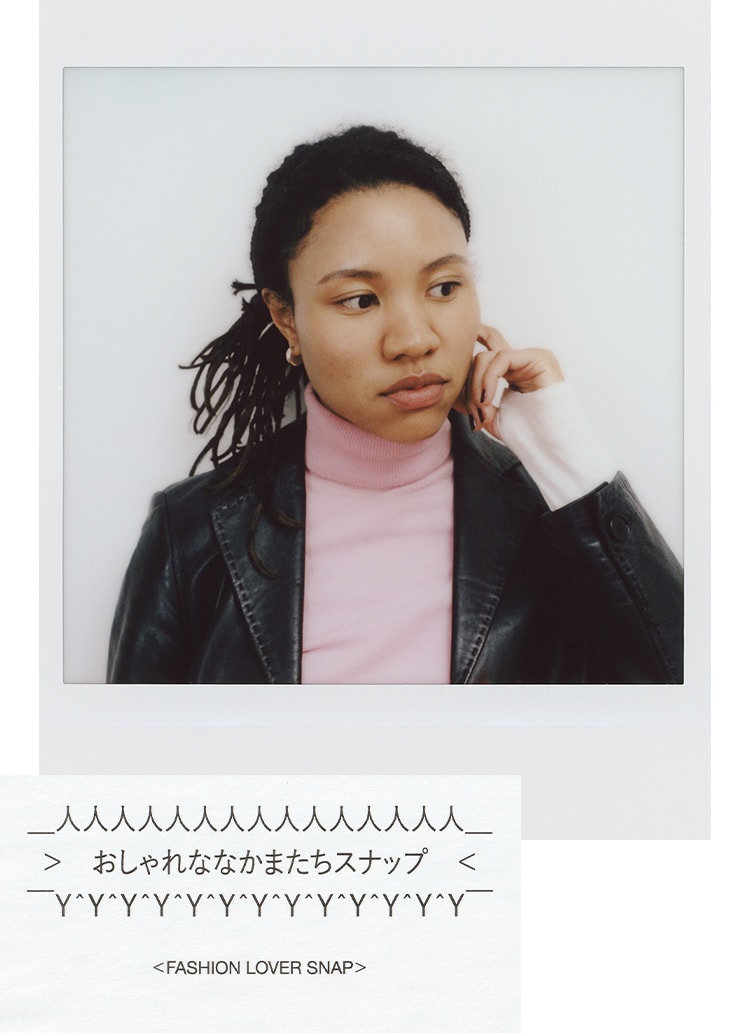The 12thLet's go abroad.
It has been a full year since the last issue of this Series. I had intended to end it around that time, but I would like to stay with you a little longer. There are still some things I haven't finished writing about.
So, today's section is called "Let's Look Abroad.
Before that, let me start by telling you about a book I read during this New Year's holiday, "The Disease of 'Pien': Consumption and Approval of the SNS Generation" (Sasaki Chihuahua, Fusosha Shinsho).
I knew that "pien" was used among young people, but this book was the first time I learned that there is a genre called "pien-kei. This is a new fashion and culture. There are two styles within it, "mass-production type" and "mine type," and they are prevalent among girls in their teens and early twenties. The former is characterized by girlish, sweet tastes and is the on-site style when going to support "guesses" such as Johnny's or underground idols. The latter is a darker version of the "sickly" genre, characterized by makeup with a crying face that looks as if the wearer has suffered a mental breakdown. Both share a favorite brand, and styles that mix the two are also favored.
This pienkei fashion seems to have recently spread not only to Johnny's and underground idols, but also to otaku girls with a host thrust. There are even magazines that encourage this culture, where people get hooked on hosts, start working nights and pay tribute to them. Well, there used to be such a thing as a style magazine for cabaret girls.
As for this host club culture and the stories of the girls who flock there, I was full of surprises. One woman's sentence, "A million yen won in the lottery is worthless; it's worthless because you spend your ravaged money on 'guessing' with 100 uncles for 10,000 yen for 60 minutes," was quite a shock to me.
In this book, he also elaborates on the ecology of the "Toyoko Kids" who are hot right now. I picked up this book because I was rather interested in this side of the story. It seems that in Osaka there is Gurishita (the space under Glico), and in Nagoya and Sakae there is the Don-Yoko (Donkey) neighborhood.
For more information, please read this book. It is one of the best new books I have read in recent years.
The reason I am telling you this is because I had a thought about their suicide culture in Kabukicho. There is a building in Kabukicho that has become a famous place for people to jump off, and many young people throw themselves from there. Many young people have thrown themselves from the building, or attempted to do so.
After pouring a lot of money into a host, he has trouble with the host and money problems are the reasons. Another attempt at introspection and underestimation of one's own worth leads to death. Many women suffer from the thought that I am worthless if I don't spend money at host clubs, or if I can't make sales at sex clubs.
This is in sync with the problem of children who commit suicide because of bullying. The pain of not being able to find and establish one's self-worth in a closed and narrow society makes them choose to do so. From an adult's point of view, this is just a short period of time in a long life, but the person concerned cannot think that way. A cornered person may be suffering from such a disease that sucks them into the darkness of the mind.
Their values may be commonplace in their world, but from a distance, outside of that circle, they are extremely special. However, even if an old man like us says such things with a smug look on his face, his voice will not be heard.
Untangle yourself from stereotypes and you'll be happier.
Now, the values. Or stereotypes. Common sense in society. And manners. As with the differences between Pienkei and Toyoko Kids, there is a huge gap between Japan and the rest of the world. What we Japanese take for granted may be accepted in the homogenized culture of Japan, but it may not be accepted in a foreign country.
Diversity is a word that has been trending in recent years, but there are few opportunities to reflect on this word while in Japan. Even if we don't go that far, just a glimpse into the lives of people with different skin colors and different standards from our own can be a shock to the senses.
Once, in the Manila airport in transit, I was scared to the core by the amount of kids begging for tips and how pushy they were.
When I said, "That dog is so cute," the Hong Kong coordinator said, "No, no, it doesn't taste good."
I was amused when I was told I was not allowed to flush toilet paper down the toilet bowl in Taiwan, and I was amused by the rule of tipping the toilet keeper, known as a dame pipi, in my first trip to Paris. An American ground agent who reopened the door to say that overbooking an airplane was the fault of the company that sold more tickets by mistake and not his own, or an Australian who closes his store at 4:00 p.m. even though it closes at 5:00 p.m. The London cab driver who gave me a small street name and sent me exactly the shortest distance.
There were times when I thought Japan was a tremendously good country, and there were other experiences that made me think it was a very backward country in these areas.
There are many ways of thinking, doing things, and doing things in the world. It is difficult to form diverse values if you only stay in your hometown or local area.
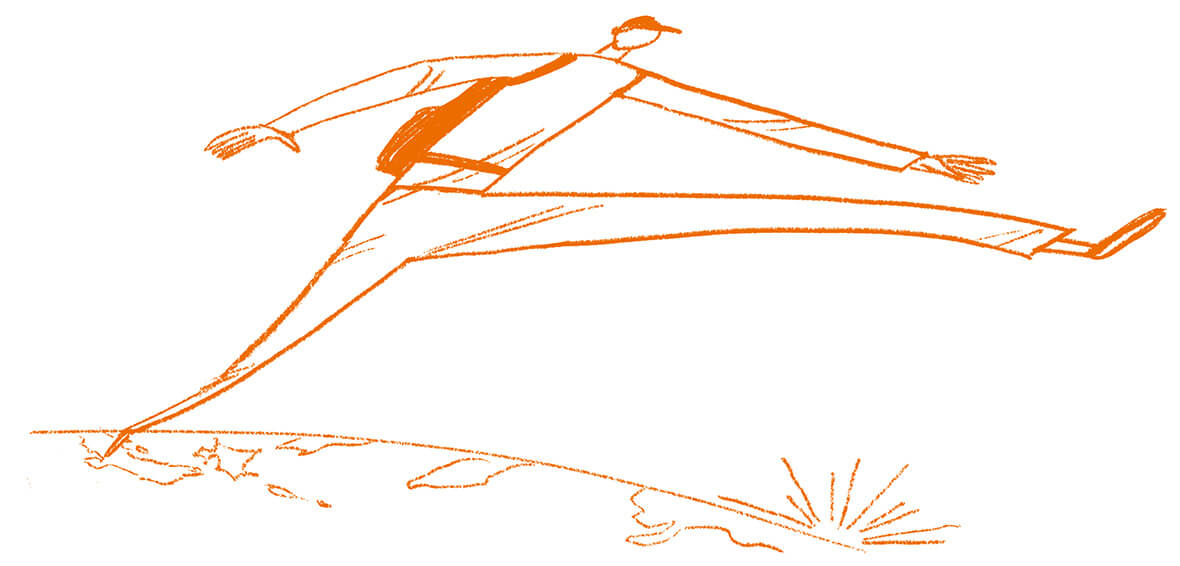
Many of the Republican supporters of President Trump are Christian fundamentalists who do not accept Darwin's theory of evolution and do not believe that humans evolved from apes. They carry guns and oppose abortion. That is one value. Most of them have never been outside their own state, let alone overseas.
I do not mean to deny their ideas. It's just that their kind of rigid thinking will not produce soft ideas. In other words, the problem is that they cannot be creative.
Like editorial work, every job requires creative ideas. You can't do interesting things with stiff, fixed ideas.
So let's actively go abroad. It doesn't matter if it is in a neighboring country or in Europe or the United States. Just by going to a different place, seeing things, walking around, eating, drinking, and sleeping, you will discover new things and gain new perspectives.
To begin with, travel is very stimulating to the brain, and not just overseas. This is because travel always forces us to make choices. Where to go, where to stay, and all the other things you do during the trip stimulate the frontal lobe. The frontal lobe is the area of the brain that plays the role of a command center. This is where the idea that travel is good for dementia comes from.
If you look at the world, appreciate others, and gain all kinds of experience, your mentality will improve and your happiness will increase. Our philosophy is to make the world a better and hip place through our work. There is nothing better than to be able to make people happy while playing a part in creating a fair society.
The Corona Vortex has increased the number of suicides.
I want young people who are in a hurry to die to realize that there is still something better out there if they can get out of that painful middle now. I feel sorry every time I hear of an incident that follows on from news of a prominent person's suicide. Pien.
PROFILE
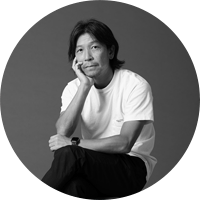
After working as a freelance editor, he founded Lino Inc., a production company that handles editing and production, etc. In 2004, he launched HOUYHNHNM.


